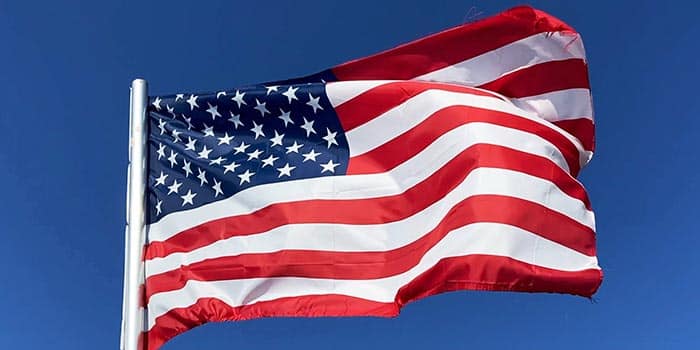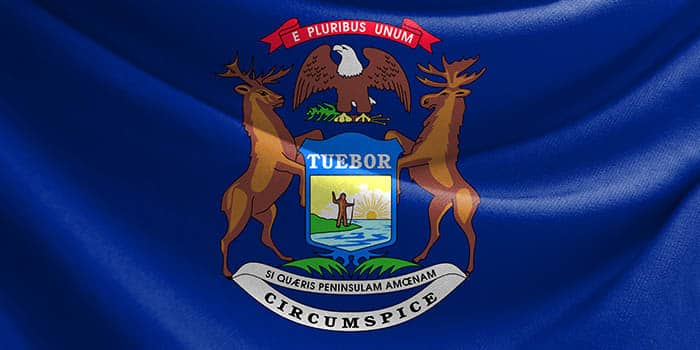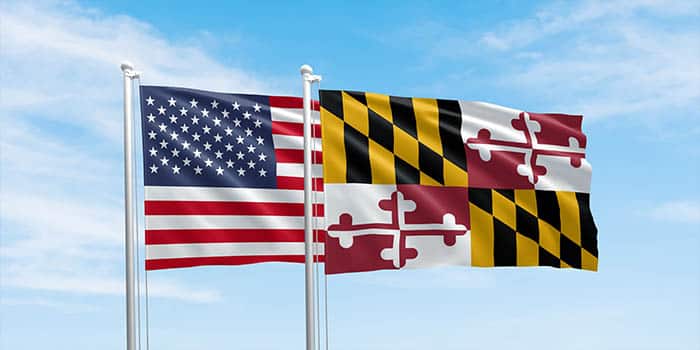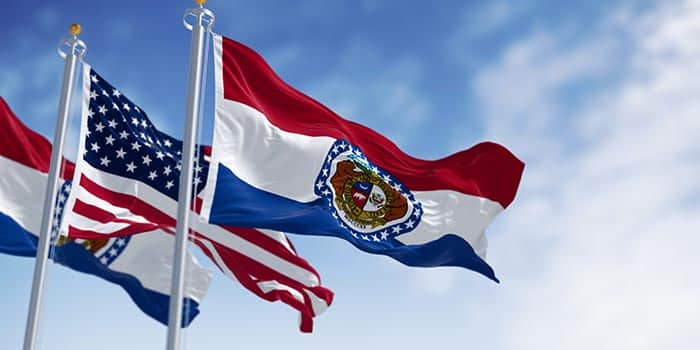- Casino
- By State
- Alabama
- Alaska
- Arizona
- Arkansas
- California
- Colorado
- Connecticut
- Delaware
- Georgia
- Florida
- Hawaii
- Idaho
- Illinois
- Indiana
- Iowa
- Kansas
- Kentucky
- Louisiana
- Maine
- Massachusetts
- Maryland
- Michigan
- Minnesota
- Mississippi
- Missouri
- Montana
- Nebraska
- Nevada
- New Hampshire
- New Jersey
- New Mexico
- New York
- North Carolina
- North Dakota
- Ohio
- Oklahoma
- Oregon
- Pennsylvania
- Rhode Island
- South Carolina
- South Dakota
- Tennessee
- Texas
- Utah
- Vermont
- Virginia
- Washington
- West Virginia
- Wisconsin
- Wyoming
- By State
- Slots
- Poker
- Sports
- Esports
Online Sports Betting Rules Passed by the Arkansas Racing Commission

On December 30, 2021, the Arkansas Racing Commission (ARC) gave the green light to a rule change that would grant local casinos 51% of profits when working together with popular online sportsbooks. Provided the Arkansas Legislative Council approves the rule change that also allows online sports betting in the state, sports bettors could start placing their wagers online as early as February.
According to Saracen Casino Resort’s chief market officer Carlton Saffa, other casino operators in the country have expressed their interest in the 51% profit rule. Nonetheless, ex-state legislator John Burris now representing national online sportsbooks believes the 51% rule would not work outside Arkansas.
He argued that national sportsbooks would not feel at ease working with so much of the gaming revenue figures “being sacrificed.” Plus, according to Saffa, sports bettors are constantly busy searching for alternatives, and they would eventually ask for changes and a genuine marketplace instead of a strictly limited array of choices.
The limitation of choices may stem from lack of competitiveness and more exotic markets, as sportsbooks could choose to stick to what is known and what brings them the best possible value, thus narrowing down what’s up for grabs.
The Bet on Arkansas Coalition Argued Over the 51% Profit-Sharing Rule
ARC’s decision was the result of a few long weeks of ongoing disputes on various social media platforms. The disputes were mostly triggered by the fact that online sportsbooks usually share between 5% and 15% of their profits with local casinos. Accordingly, the 51% proposal sparked obvious controversy and uproar nationwide.
A number of online sportsbooks including DraftKings, Ballybet, FanDuel, and BetMGM Sportsbook set up an advocacy group called Bet on Arkansas. They created an official website and Facebook page to share their views on the 51% profit-sharing rule.
These types of profit-related arrangements should be the result of direct negotiation between the casino and the sportsbook, without any involvement from the government. Bet on Arkansas also regarded the high profit-sharing number as discouraging for national sportsbooks online looking to penetrate Arkansas’ mobile sports betting market. The group argued that bettors would not be given access to major sportsbooks that are trustworthy and reputable in the state.
Online Sportsbooks Want a Four-Mobile App Allowance in the State
A few of the members of the new Bet on Arkansas coalition have formally asked the Racing Commission to reword the text of the rule change and enable each casino to provide four mobile apps (also called skins) instead of the standard two-app allowance part of the current rule. This way, competition would go up and more money from taxes would reach Arkansas’ treasury.
However, the language that only allows each casino to provide up to two mobile apps has remained in place in the rule approved at the end of 2021.
Burris spoke at the end-of-the-year Racing Commission meeting and argued that national online sportsbooks cannot operate in the state as long as the 51% profit-sharing rule is used. He also added that casinos located in Louisiana and other areas have stated they would like to work together with known sportsbooks nationwide.
While a national sportsbook would need to partner with an Arkansas-based casino in order to function within state borders, local casinos are free to set up sports betting apps for mobile bettors in order to operate in the state.
According to Saffa, national sportsbooks believe that any future mobile sports betting platforms created in the state would not fall under the definition of first-class sports betting app. Saffa relied on the Bentonville-based Walmart example to show that first-class results are, in fact, possible and manageable within the state.
Any mobile sportsbook that would be given an ARC license would need to be tethered to one of the four existing land-based casino licensees. A casino would only be allowed to partner with a single online sportsbook site. The sportsbooks’ revenue would be lumped into the casino’s total gaming revenues. The same revenues are subject to a 13% tax on the first $150 million in GGR while increasing to 20% once the respective threshold is reached.
After finishing her master's in publishing and writing, Melanie began her career as an online editor for a large gaming blog and has now transitioned over towards the iGaming industry. She helps to ensure that our news pieces are written to the highest standard possible under the guidance of senior management.















